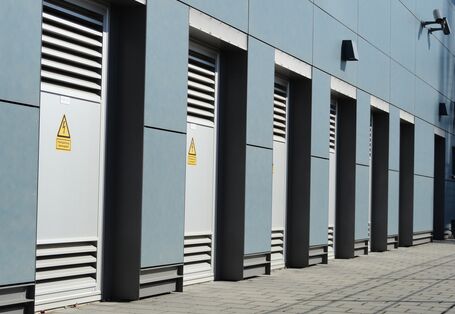Waste containing asbestos

The term “asbestos” means a family of naturally occurring fibrous minerals. In the past, asbestos was widely used in myriad products owing to its exceptional heat and chemical resistance, whereby white asbestos (chrysotil asbestos) and blue asbestos (crocidolie asbestos) were the types most commonly used.



